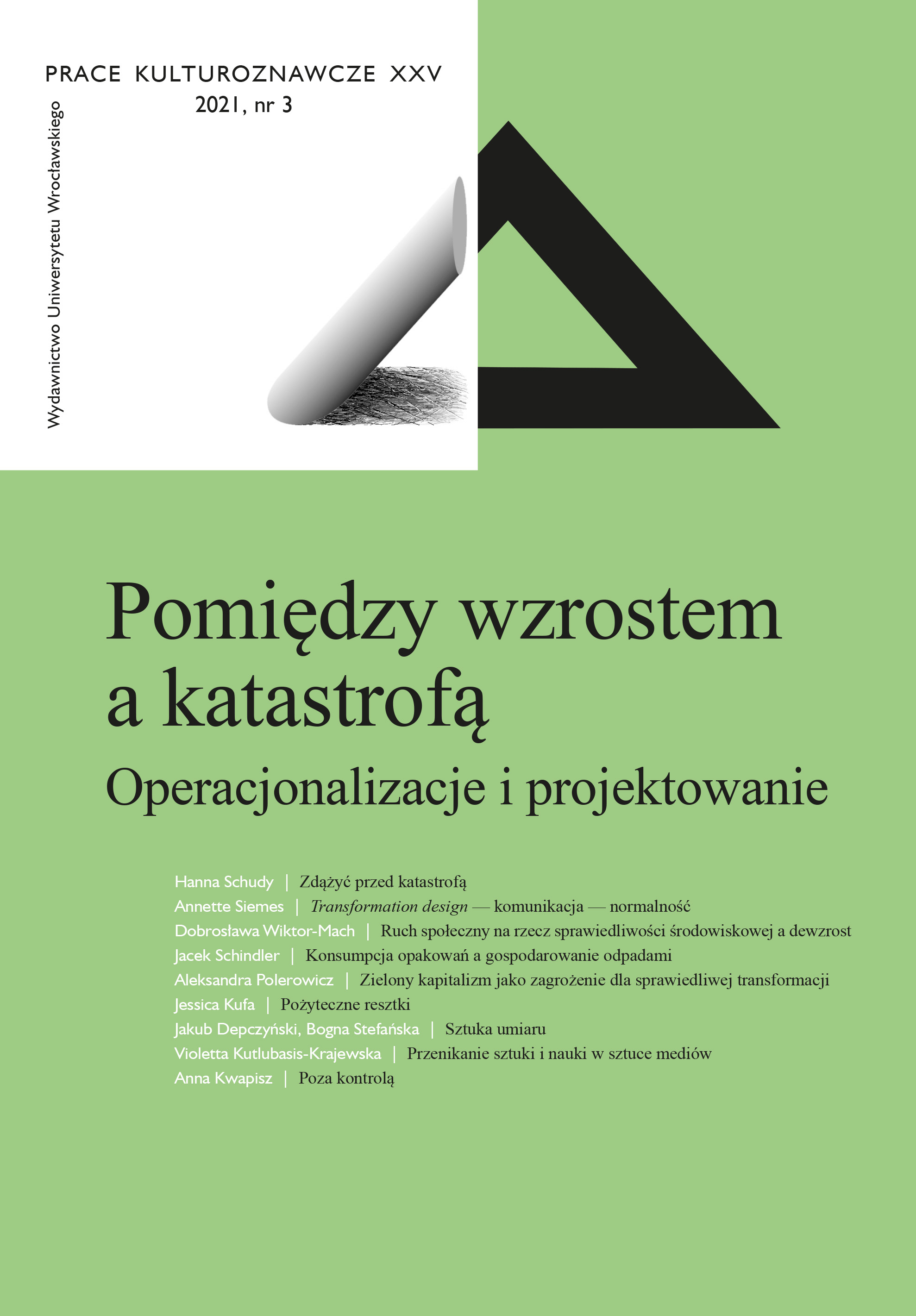

Articles

The changes that are taking place should be an opportunity to transform not only our energy system, but also the entire socio-economic system, as the climate crisis is fueled by the primacy of constant progress and profit. To ensure the transformation would be just for all, one should therefore avoid reproducing capitalist mechanisms and rewarding those most responsible for the current condition of the climate. In Eastern Greater Poland, where lignite has been mined since the 1950s, the transition process has already begun. The region will receive funding from the European Just Transition Fund and the transformation plan has been developed collectively, from the bottom-up by a wide range of local entities and communities. The threat to conducting the process in a truly fair way is the role and ambivalent involvement of the local power plants and mines’ owner, the ZE PAK company. The corporation has recently declared that it will move away from conventional power generation to renewable energy sources by 2030, making it clear, however, that the main reason for this decision was economic profitability. ZE PAK’s engagement as a partner and beneficiary in the transition process may result in maintaining inequalities in the region, transferring social and environmental costs of the existing fossil exploitation onto public institutions. A major company implementing a “green growth” scheme on privatized post-mining land will gain profits from new investments. An opportunity to turn the tide might actually come from the communization of these areas, returning the investments back to the residents and workers, reclaiming their self-agency and focusing on the common welfare of people and the environment.